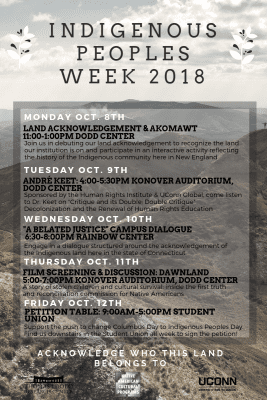This October, the Intergovernmental Panel on Climate Change (IPCC) released a report that has shaken the global community. The IPCC was invited by the UN to report this year on the effects that we would experience if the global temperature warms 1.5℃ (2.7°F) above pre-industrial levels. They released a full report along with a technical summary and policymaker summary. The report contains scientific, technical, and socio-economic findings and has major ramifications across these disciplines. The contents of this report are grim, but give us a much more concrete vision of our future—something that is vital as the world makes plans to prevent catastrophic climate change.
Since civilization hit the industrial revolution in the mid-1800s, humanity has been dumping carbon dioxide and other greenhouse gases into the air at an exponential rate. This has led to an increasing amount of sunlight and heat being trapped in our atmosphere, and consequently an increase in our planet’s average temperature. Even a slight increase in this global temperature has immense impacts on our climate and in turn the survival of life on Earth, including humans.
The IPCC report begins by defining what exactly the average global temperature was before humanity started to affect it. The IPCC defines pre-industrial levels as the average global temperature over the period of 1850-1900. The report then talks about where we are now. We have already caused a 1℃ rise in the average global temperature compared to pre-industrial levels. Effects from climate change are already happening, and at this point they are inevitable.
However, we still have control over how severe these effects become, and how long they will last. On our current global trajectory, we will reach a 2℃ increase by 2040. With the passage of the Paris Climate Agreement, the world committed itself to changing this trajectory. Countries promised to keep the increase to under 2℃, and to strive to keep the increase near 1.5℃. In reality, the agreement has little binding power. Globally, we are struggling to reach the 2℃ goal, never mind 1.5℃, which is currently categorized as ‘above and beyond.’
The IPCC report focuses on the changes in our climate that will result if we curb the global temperature rise at 1.5℃ as compared to an increase of 2℃. Although any further rise in the global temperature has and will result in devastating changes to our natural and human systems, the difference between 1.5℃ and 2℃ warming is significant. This report makes it clear that 1.5℃ should not be considered as ‘above and beyond,’ but instead as the absolute limit for global temperature rise.

By 2100, the global average sea level rise is projected to be 0.1 meter lower at 1.5℃ than at 2℃. Sea level rise will continue past 2100, and it is inevitable at this stage. However, sticking to the 1.5℃ goal and slowing the rate of sea level rise will allow more time for adaptation of coastal communities impacted by this rise. Although 0.1 meters may not seem significant, it will make a big difference in giving the world time to prepare for sea level rise.
One of the most poignant symbols of this change in global temperature is the livelihood of the coral reefs. At 2℃, more than 99% of coral reefs will die off due to coral bleaching. At 1.5℃, only 70-90% of current coral reefs are projected to die off. The loss of this incredible phenomenon would be a tragedy. The majority of the ocean’s biodiversity exists in coral reefs, they serve as a buffer that protects coastlines from tropical storms, and they function as important primary producers as well.
The frequency of a sea-ice-free Arctic during summer is substantially lower at 1.5℃ than at 2℃. At 1.5℃, an ice-free summer will happen once per century; at 2℃, it will happen at least once per decade.
In addition to the effects mentioned previously, a 2℃ rise instead of 1.5℃ will drive the loss of coastal resources, reduce the productivity of fisheries and aquaculture, and lead to greater species loss and extinction. Vector-borne diseases, such a malaria and dengue fever, are expected to increase and shift geographic regions. A 2℃ rise will lead to larger net reductions of cereal crop yields such as maize, rice, and wheat.
As the global temperature warms, the effects outlined above are expected to lead to increased poverty and disadvantages in vulnerable populations. Limiting the temperature rise to 1.5℃ instead of 2℃ could reduce the number of people who will be susceptible to poverty and facing climate-related risks by up to several hundred million by 2050.
The IPCC states that reaching the 1.5℃ goal and protecting what we can of our world requires “upscaling and acceleration of far-reaching, multi-level and cross-sectoral climate mitigation and by both incremental and transformational adaptation.” While the Paris Climate Agreement was a historical step for humankind, it’s not nearly enough to save us. The agreement was the beginning of this world transformation; true change will require continued, tenacious, collaborative effort.
This information can be overwhelming and disheartening. We at the office understand that, and know that this work requires stubborn positivity. The only way we’re going to get close to reaching the 1.5℃ goal is if we wholeheartedly believe in our mission and in the future of our world. Even if we do not reach our goal of 1.5℃, or even that of 2℃, any change we make now will still have an important effect on generations to come. So get out there and make some change happen. Reduce your carbon footprint. Vote on November 6th. Start improving your community. Collaborate with friends and neighbors. Have meaningful conversations with those around you. We are each just one person, but we still have an important, irreplaceable influence on the world around us.
Link to the IPCC’s Report: http://www.ipcc.ch/report/sr15/


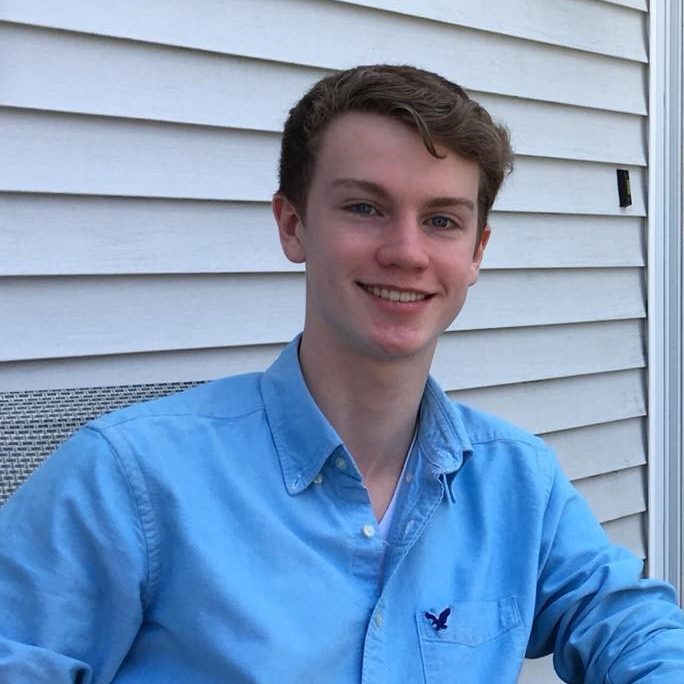
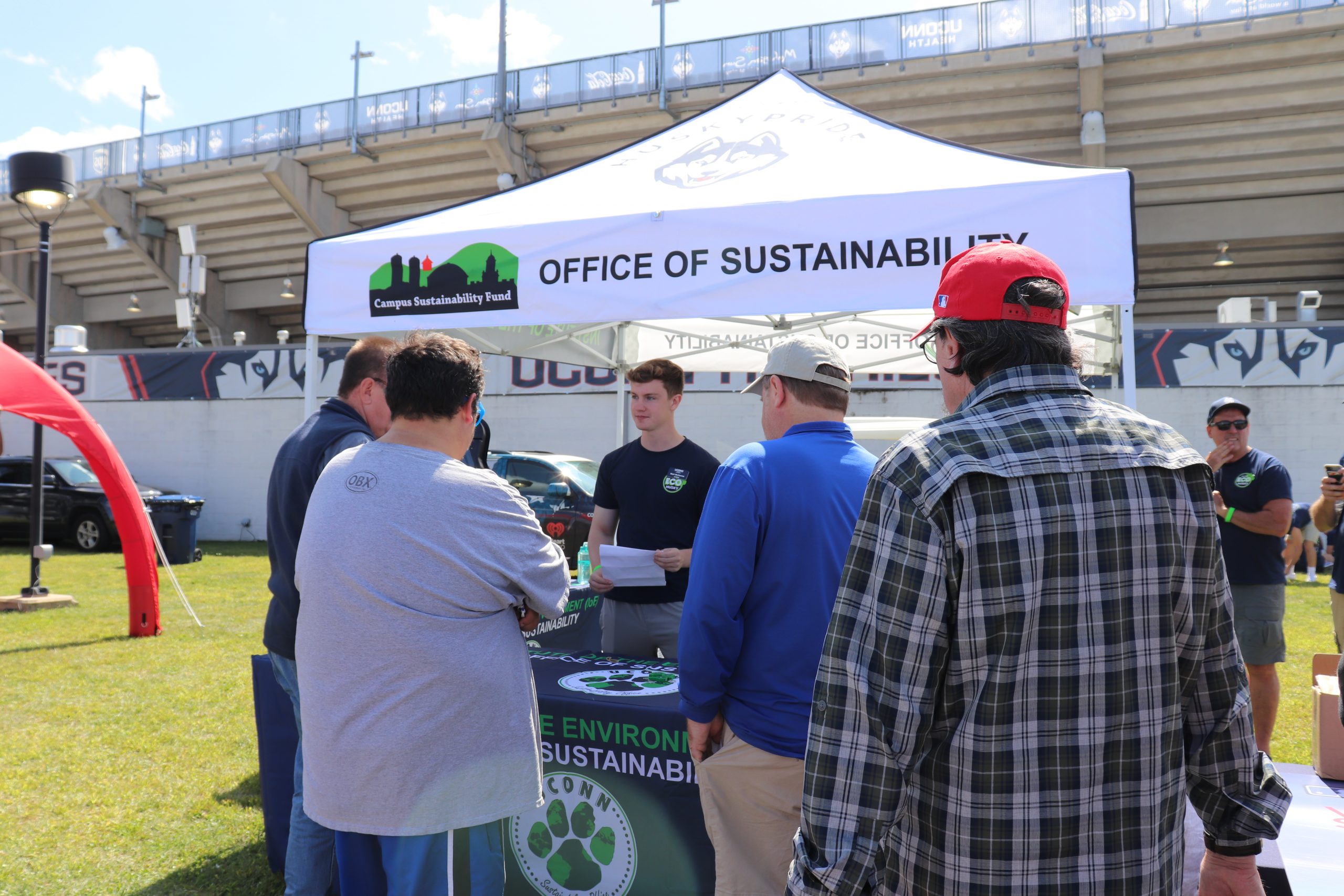

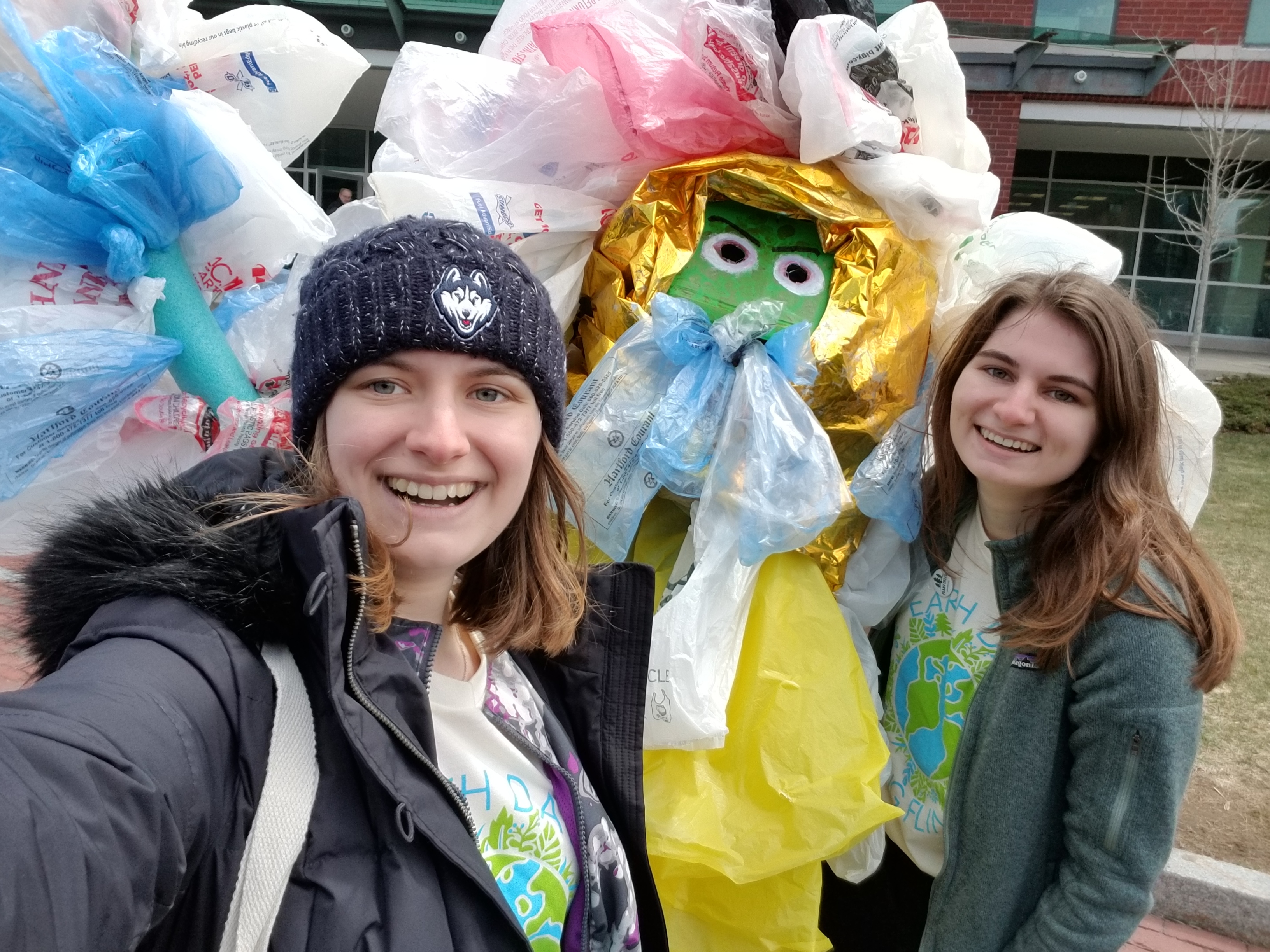
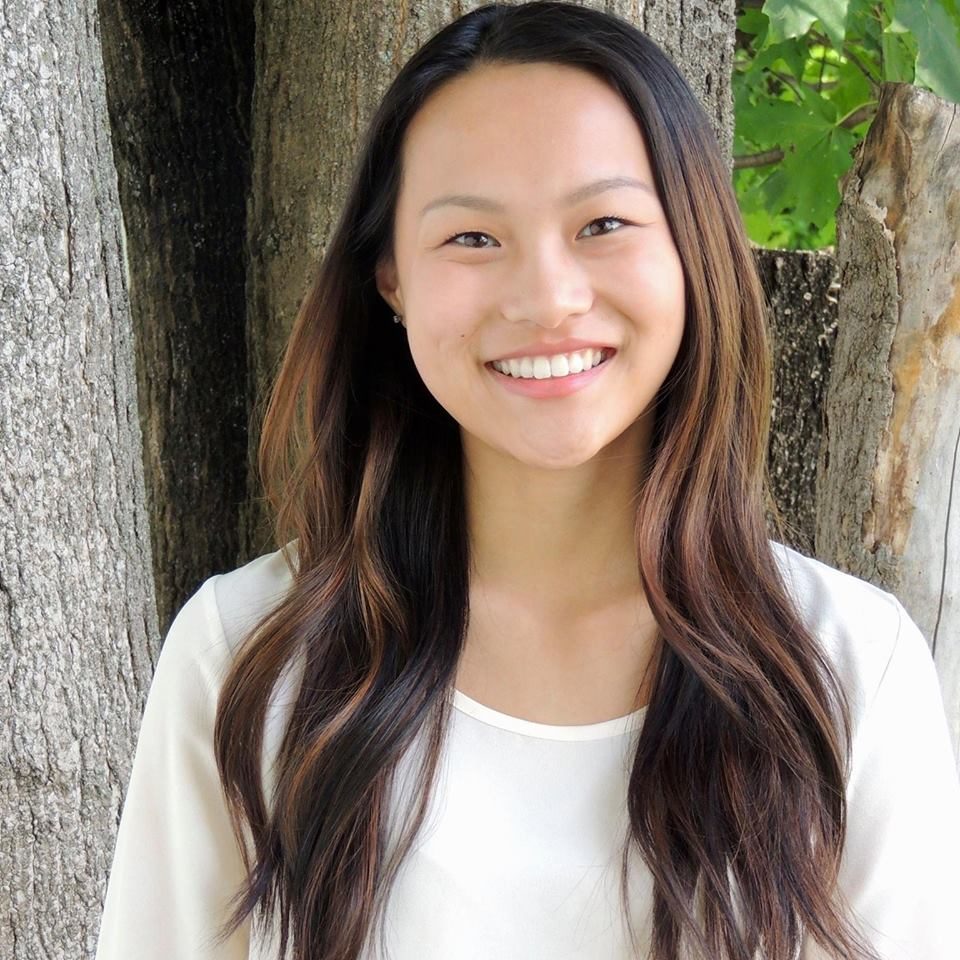
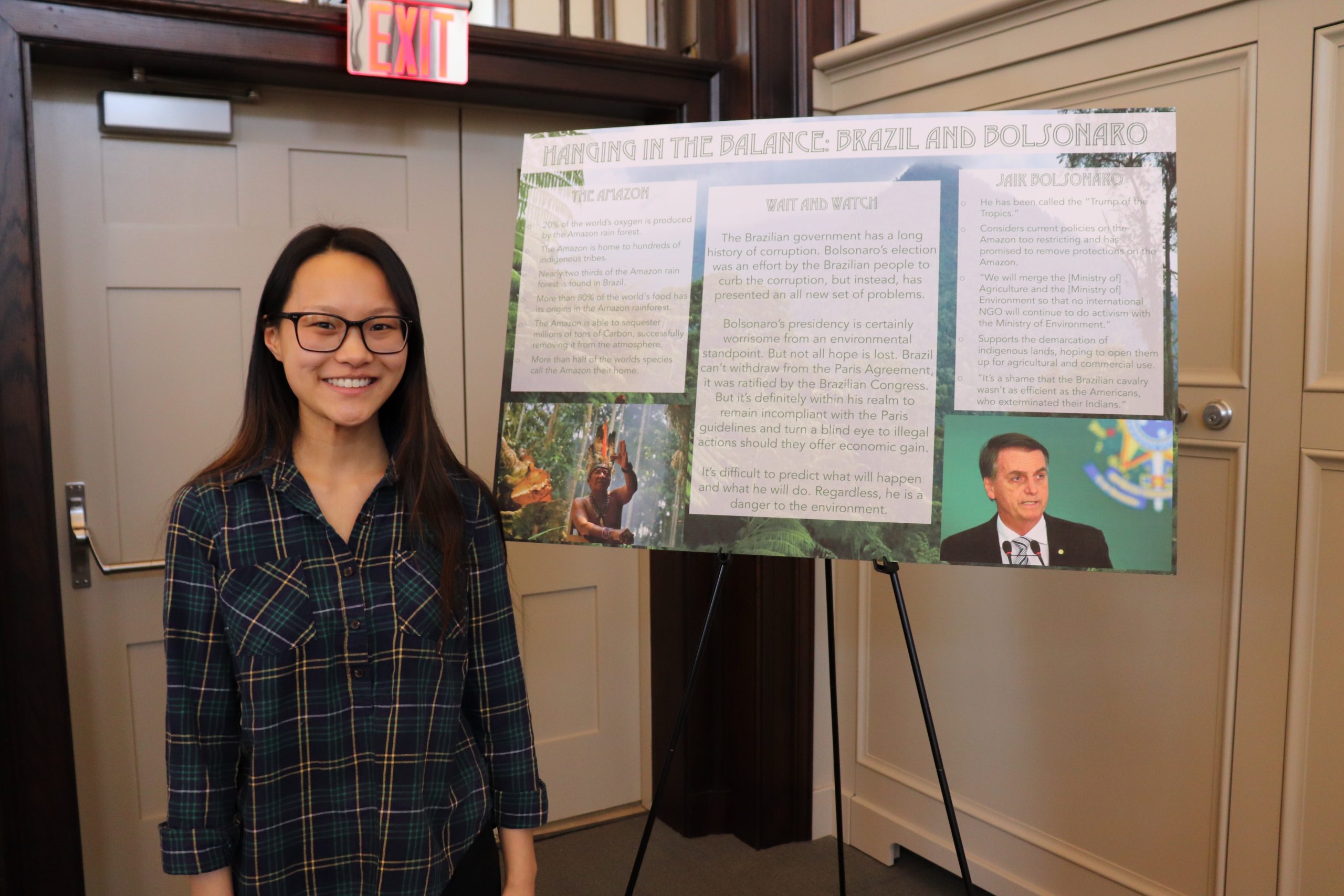

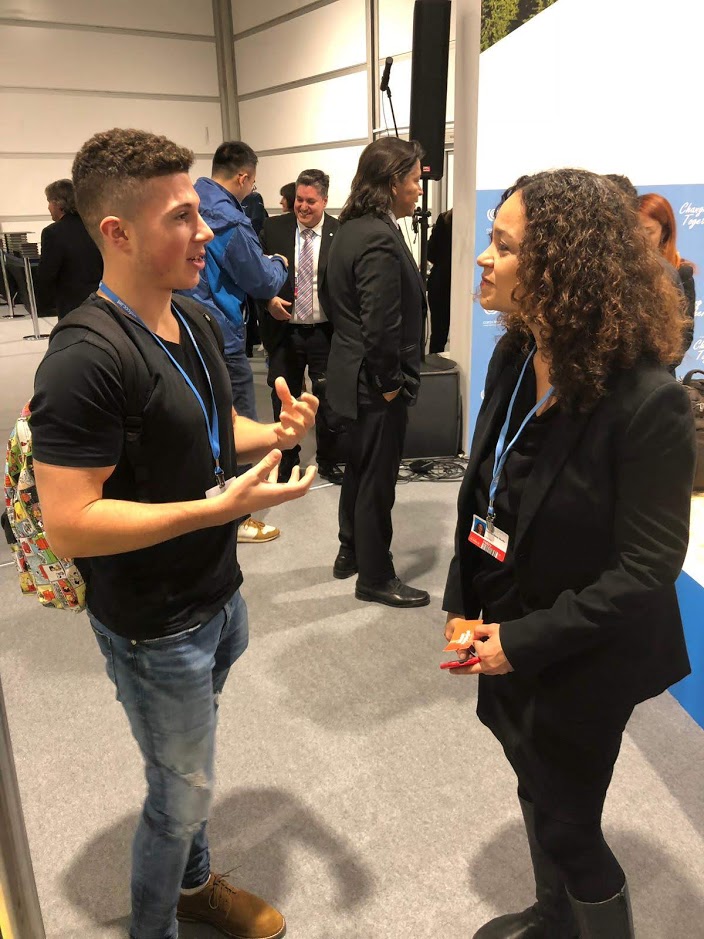
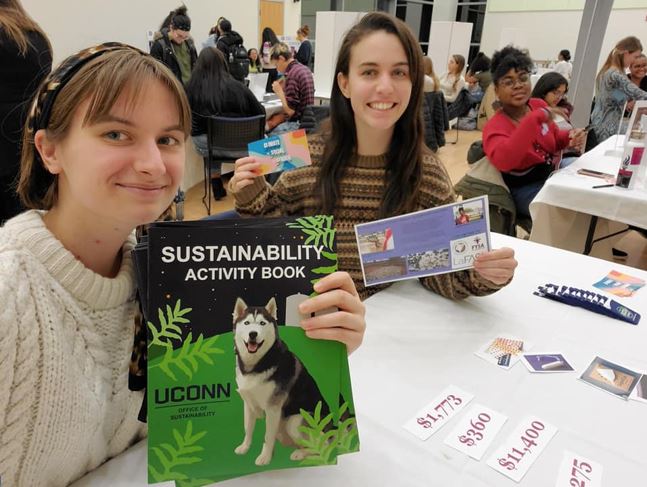
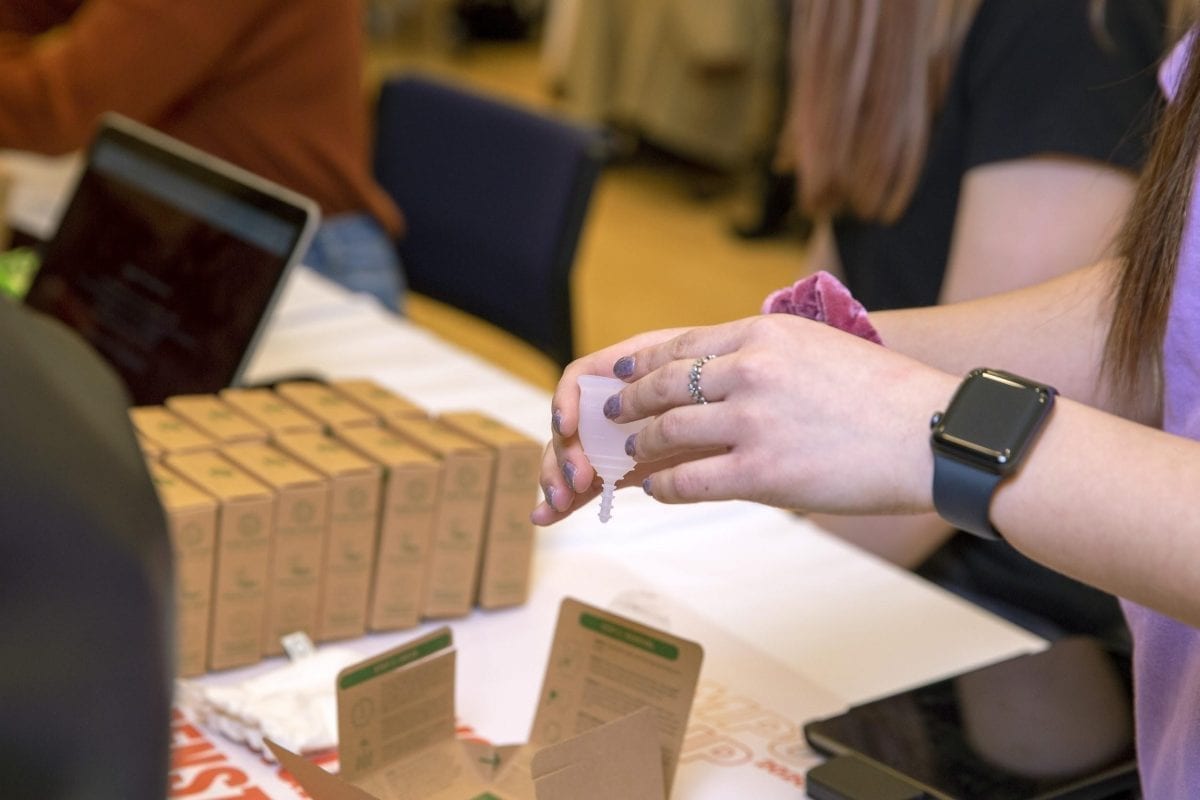
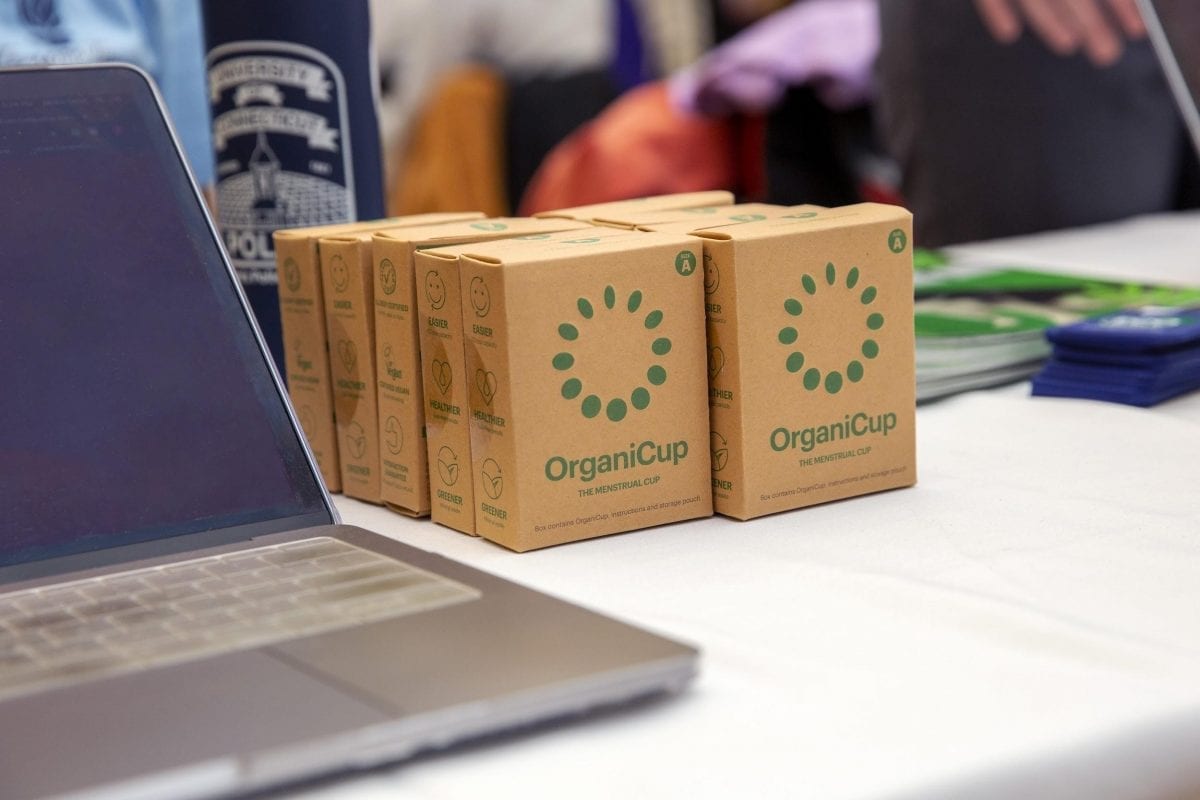
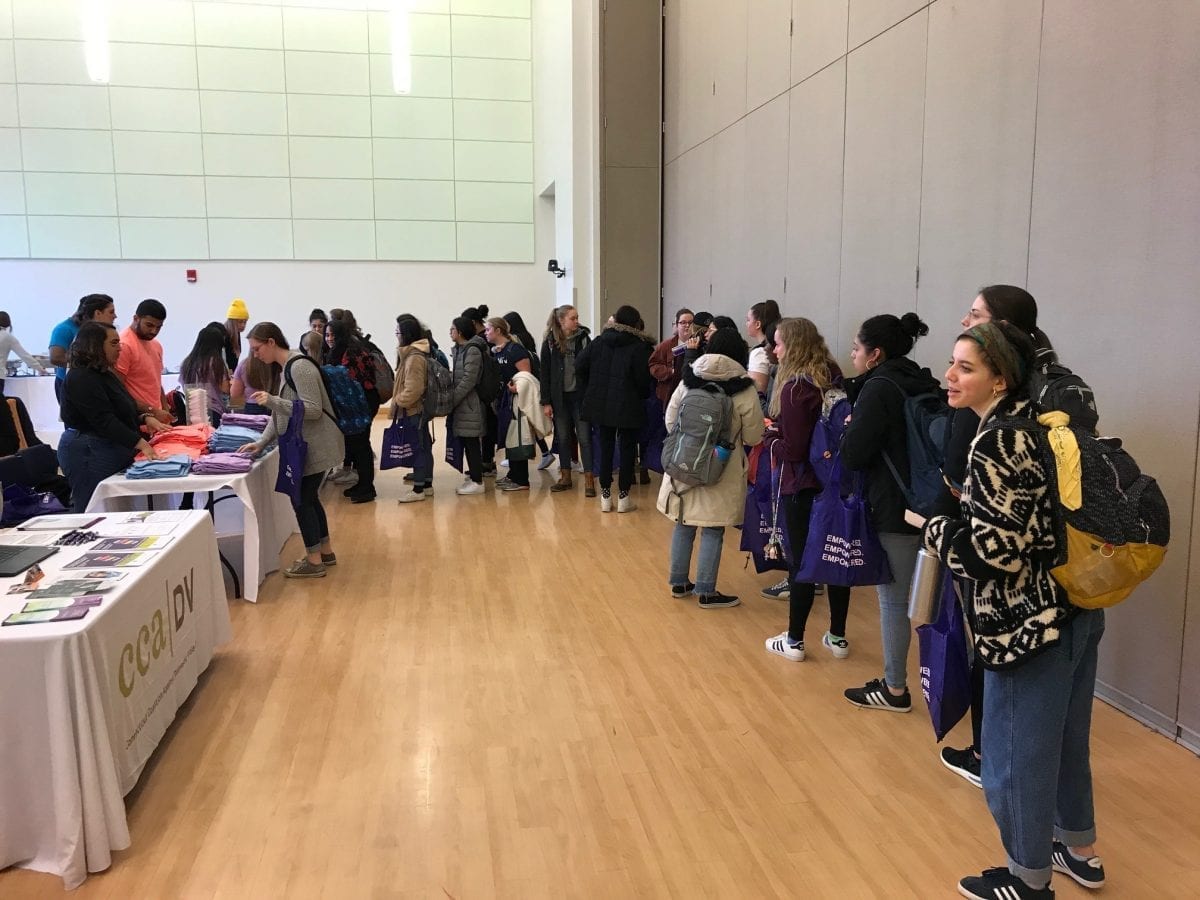
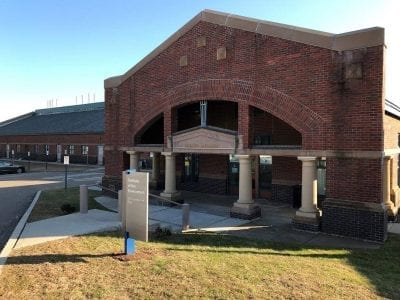

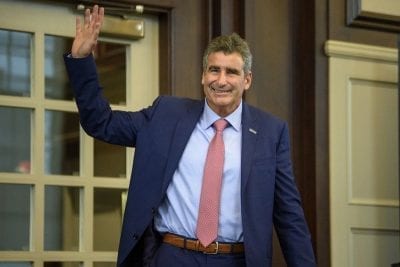
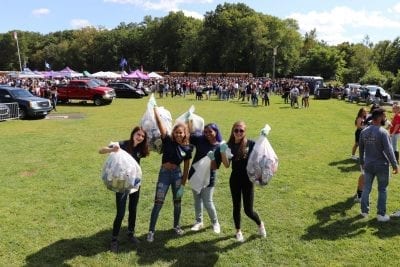
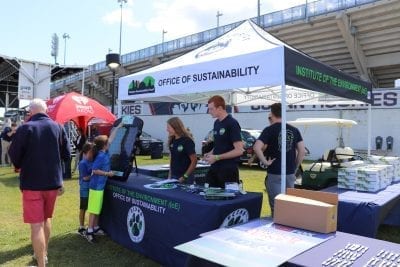
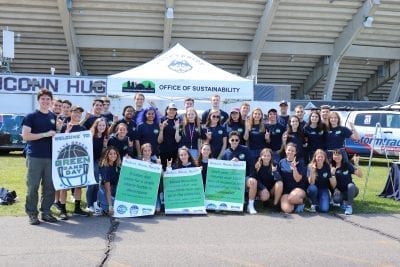

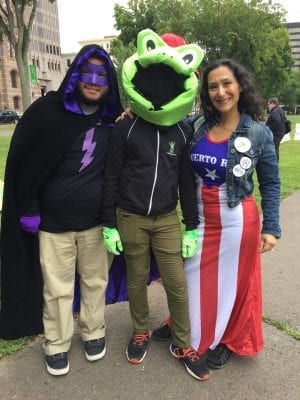
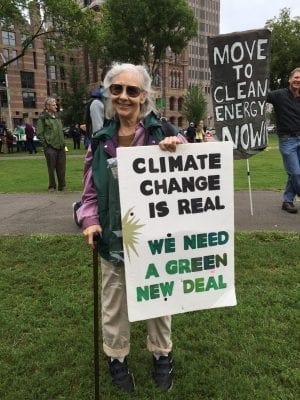 Environmental justice, put simply, is the fair treatment and meaningful involvement of all people regardless of race, color, national origin, or income with respect to environmental conditions, regulation, and change. Those on the frontlines of climate change and other forms of environmental degradation are often the most economically and politically repressed. Impoverished island nations facing increased hurricane activity, poor urban communities facing the worst of air pollution, minority communities having little influence over the siting of a landfill in their backyard, and indigenous people facing potential contamination of their rivers by powerful oil companies should be given a seat at the table in discussions of policy and change. After all, they’re the ones who have experience dealing with the problems that we’re trying to solve.
Environmental justice, put simply, is the fair treatment and meaningful involvement of all people regardless of race, color, national origin, or income with respect to environmental conditions, regulation, and change. Those on the frontlines of climate change and other forms of environmental degradation are often the most economically and politically repressed. Impoverished island nations facing increased hurricane activity, poor urban communities facing the worst of air pollution, minority communities having little influence over the siting of a landfill in their backyard, and indigenous people facing potential contamination of their rivers by powerful oil companies should be given a seat at the table in discussions of policy and change. After all, they’re the ones who have experience dealing with the problems that we’re trying to solve. 